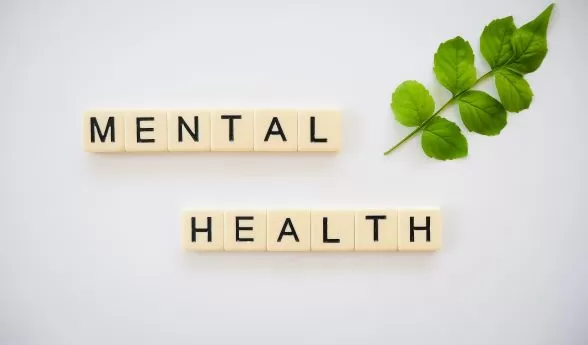
With close attention being paid to mental health, particularly in the workplace, we are all becoming more aware of its importance. This shift in awareness is certainly important, but too often the conversations we are having about this topic are happening through a deficit lens – one that is solely focused on the treatment or avoidance of illness. But fostering our mental health is about more than just relieving distress and disorder; it’s also about understanding and building on our strengths that contribute to psychological wellbeing and a longer, healthier life.
The founder of positive psychology, Martin Seligman, Ph.D., has researched and developed a framework of common factors that can help us shift away from seeing our mental health as an issue we only pay attention to when there is an illness toward seeing it as something we invest in regularly to cultivate meaningful and fulfilling lives. Through his PERMA Theory of Wellbeing, we are given some practical guidance on how we can all foster our psychological health:
P – Pleasant [positive] Emotions: We can increase more comforting and enjoyable feelings about the past, present, and future through practices such as gratitude (appreciation for the people in our lives and experiences we’d had), mindfulness (a nonjudgmental awareness of the present moment, often through our senses), and cognitive restructuring (shifting the way we view and interpret stressors) to increase optimism. Consider listing out the activities and practices that bring a sense of calm and ease to you. How can you start incorporating just one of these you’re your life now?
E – Engagement: When we are taking part in activities that are challenging, of interest, and pull on our strengths and skills, we tend to feel competent, like what we’re doing matters, and that we have a meaningful place in this world. This can be projects or roles we take on at work, in our communities or within our own families. We all have unique sets of strengths that when used purposefully can contribute to something important, big or small. Think about what your strengths are and how you can start or continue to utilize those in your life, particularly around roles or tasks that you find interesting. If you’re struggling to feel engaged, it may be helpful to develop insight around the following questions: Why do you do what you do? Is the work you’re doing contributing to society, even if you don’t get to see those impacts directly? How, in small but meaningful ways, can you change your current work to enhance its connection to your core values and strengths? Can you find inspiration in a role model or mentor who experiences engagement in their role?
R – Relationships: Feeling valued and like we belong are fundamental human needs, and these experiences can only take place in relationships. It’s no surprise then that forming and maintaining meaningful connections in our lives is at the core of fostering positive mental health. How are you investing in the relationships in your life? What makes this difficult for you and what is one thing you can start doing to participate in the relationships you care about? Keep this simple by considering what you’re already doing and how you can invite some along with you (examples: going a walk together over lunch break or taking a virtual work training or seminar together).
M – Meaning or Mattering: Meaning can be derived from a variety of different places – in your belief systems, spirituality, or in a sense of connection to something bigger than just yourself like a community or particular purpose. This component of psychological health often intersects with and bolsters our engagement, relationships, and ultimately our sense of mattering in this world. As you begin to reflect on meaning-making in your life it can be helpful to consider: What core values drive your decision making and how you make sense of the world around you? How does this intersect with your work or other important roles in your life?
A – Accomplishment: Pursuit of mastery or achievement, even when there is no formal recognition at the end is something we all are drawn toward. However, we can feel pulled down at times by the mundane tasks that tend to pile high on our to-dos or more difficult projects that have no apparent end in sight. When this is the case, considering being more intentional about scheduling in or making time for mastery: How are you engaging in mastery – engagement of activities that you do to completion – in your day-to-day, even if it’s small and simple?
As we think about practical ways to foster positive mental health for ourselves, it’s important to note that issues of discrimination and bias in the workplace or in our communities cut through the very core of all of this. These concerns directly impact our abilities to activate positive emotions, engage in meaningful work where our strengths may not be valued, feel safe in relationships, and have opportunities for mastery in our day-to-day. If this is something you’re facing, reach out for support at [email protected]. You do not have to navigate this alone.




